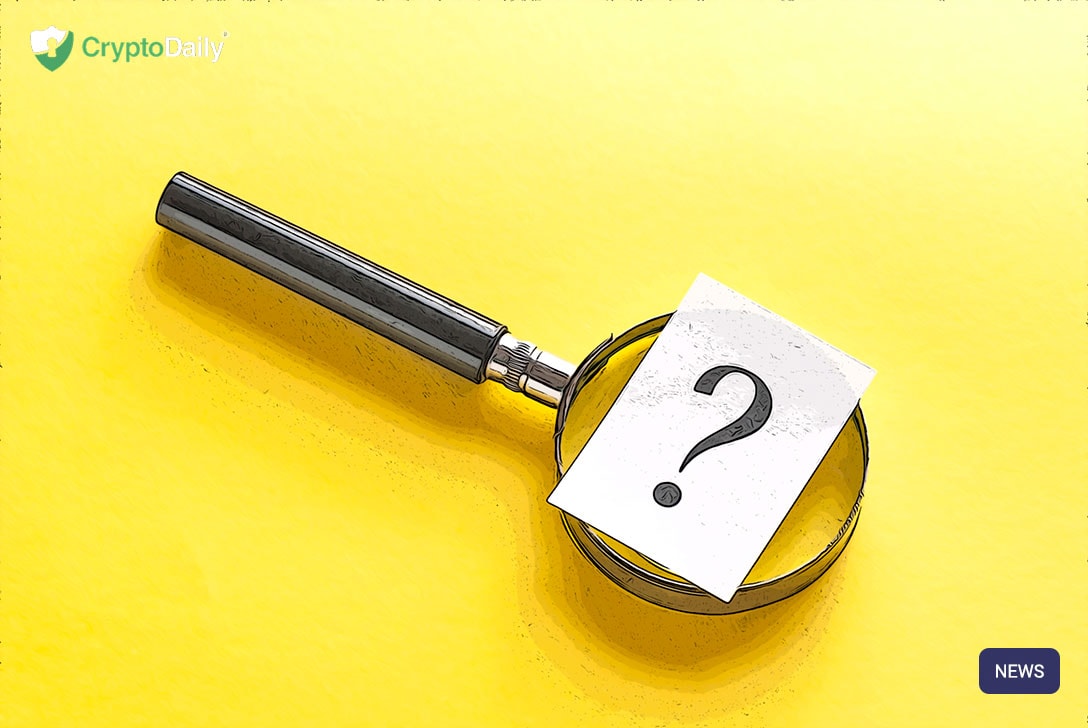Table of Contents
- Why did Sweden decide to launch the project, and what are the advantages?
- How will it affect neighbouring countries?
- What are the cons of digital currency?
- Conclusion
The Riksbank, which is Sweden’s central bank, has recently announced a pilot launching of e-krona, that is designed to replace the cash. Sweden is already heading towards the complete elimination of real money, as most of its citizens use a mobile application called Swish. It is anticipated that retailers could stop accepting physical money by 2023?
What does this initiative mean? Is it good for Sweden’s future? This article will discuss the pros and cons of issuing new digital currency and its potential effect on neighboring countries, especially Norway.
Why did Sweden decide to launch the project, and what are the advantages?
While it is still a project running until the end of February 2021, most people expect it will be further extended. There are several reasons why Sweden decided to launch an e-krona project: First of all, it is a convenient way to reduce the use of cash. In some cases, people find it too annoying to carry physical money and coins and the digital currency provides the possibility to hold all your money on a particular card.
Moreover, it is a fast and secure way to conduct transactions all over the world without any limitation. It also provides the possibility to the user to make payments via wearables, such as smartwatches.
Gambling plays an important part in Sweden. They are trying to come up with innovations all the time. One such innovation is the integration of digital currency in a casino’s network and most people will be able to use the digital currency to deposit money on online casinos. Sweden’s Norwegian counterpart, Spinia Norway is one of the rarest online casinos that accept cash via digital currency, and even though gambling is illegal in most parts of Norway, Swedish citizens will have no problem depositing the money. Thus, it is also another advantage because many people are fond of gambling in Sweden.
The main goal of the project is to create, in a test environment, a digital krona that is convenient, user-friendly and, at the same time, meets security and performance requirements. In the test environment, the users will have e-krona in a digital wallet.
How will it affect neighbouring countries?
Citizens of Sweden will be able to conduct payments to neighbouring countries as well. It should be said that Norway also contemplates developing its own digital currency, though the project is stalled for nearly a year.
The development of e-krona in Sweden could encourage other Nordic countries to think more about their digital currency. It will further simplify transactions between them, thus facilitating a decent trading environment.
What are the cons of digital currency?
There are some drawbacks of course associated with digital currency. As the money is stored on the digital wallet, it can easily become the subject of hacker attacks, and nowadays we see a lot of similar cases. When you hold real money, there is no threat of someone hacking it, but when it comes to digital wallet - things are different.
Moreover, considering the fact, the central bank itself is issuing the e-krona, it seems, unlike Bitcoin or another cryptocurrency, which is free of government surveillance, the Riksbank will track suspicious activity. Also, digital currencies are more inclined to volatility, and this may also raise concerns among consumers and businesses.
Conclusion
In general, it is really a fantastic innovation by the Swedish central bank to launch a digital currency. Though it is still an initial version and there will undoubtedly be some modifications, people are willing to accept e-krona. Sweden is already on its way to completely eradicate cash from society and developing a digital currency is an excellent decision from the central bank.
Investment Disclaimer







